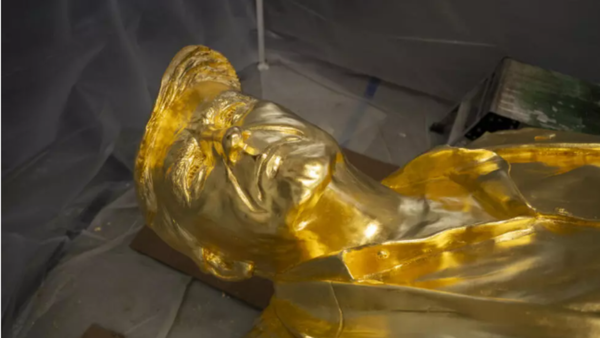
Regarding the proposed destruction of original wills after 25 years (Editorial, 1 January), as a former barrister and part-time judge who frequently dealt with claims relating to wills, I would suggest that it is not only historians and genealogists who should oppose this misconceived proposal. Lawyers should also be concerned.
It is rare but not unknown for a will to be challenged in litigation more than 25 years after probate of it has been granted. Under current practice in such cases, the court will direct that the original document be deposited in court to be available for inspection by the parties and the judge. If it is in storage with the Ministry of Justice, arrangements are made for it to be sent to the court. That would not be possible if the will has been destroyed under these proposals.
Central to the plan is the assertion that the proposed digital copies would be as satisfactory as the original document which appears in the consultation paper. If so, the proposal can be implemented fairly easily by statutory instrument. If not, the change would have to be made by act of parliament. My experience of the digitisation of large numbers of copy documents for use in court strongly suggests that mistakes are inevitable. Presumably a very large proportion of the wills in question are handwritten. The consultation paper claims that modern technology means that digital copies will be of satisfactory quality. My experience of looking at digitised versions of documents in old handwriting suggests this is at least debatable. If any question arises for any purpose as to the authorship of any writing on a will, it is well known that any form of copy is a poor substitute for the original document for a handwriting expert considering any such issue.
The saving claimed of £4.5m seems a drop in the ocean of public spending. The consultation paper does not say how this figure has been calculated. The cost of digitising 100m wills would be substantial, but is not stated. Has this been calculated and deducted from the savings in storage costs? If not, the “saving” claimed is thoroughly misleading.
Roger Bartlett
London
• In proposing to scan more than 100m wills and destroy the originals, the Ministry of Justice would do well to consider the Land Registry’s 20-year-plus digital conversion project. The Land Registry policymakers forgot that scanning multiple documents was a tedious job done by underpaid staffers who were bored out of their minds. Consequently, numerous documents scanned by Land Registry staff (or by conveyancers submitting registration applications) ended up minus their plans, or having coloured plans scanned in black and white, rendering references to boundaries, routes of rights of way and other essential details meaningless.
Or staff might forget to press the button to scan double sided, so that the Land Registry would end up with a record consisting of alternate pages only. Many old documents were handwritten on waxed paper, which becomes transparent under the scanning beam. Consequently, the writing on the reverse side shows through and merges with the front face, and the entire document becomes illegible.
And did anybody who knew what they were doing check these scans before the originals were destroyed? Guess the answer.
Andy Clarke
Northallerton, North Yorkshire
• As you note in your editorial, the digitisation of paper records can bring benefits for researchers who can more easily access them. At the same time, the government proposals to get rid of nearly all original paper records – in this case, of wills – are misguided. Last year was the 60th anniversary of the publication of EP Thompson’s Making of the English Working Class. He researched the book in local archives in West Yorkshire and sought to rescue the “poor stockinger, the luddite cropper … from the enormous condescension of posterity”. One suspects that the government of the 2020s would not bother to keep the paper records or digitise many of what to authority would seem obscure figures.
Dr Keith Flett
London Socialist Historians Group
• Have an opinion on anything you’ve read in the Guardian today? Please email us your letter and it will be considered for publication in our letters section.







